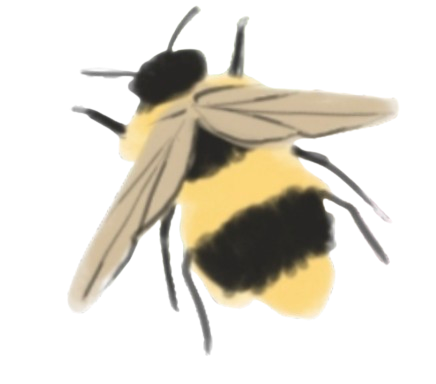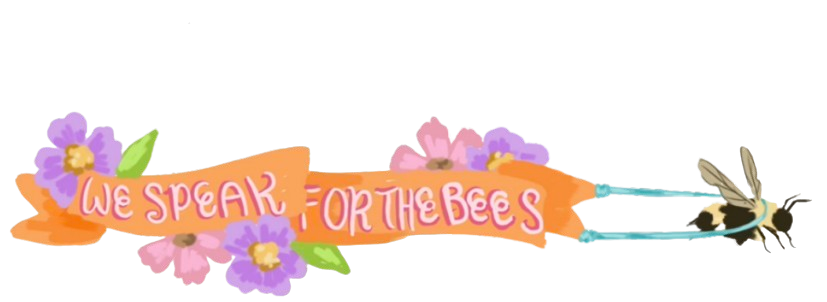The lives of wild bees are greatly threatened by habitat destruction, increased use of pesticides, and extreme weather changes, but why should we care? Dr. Katie Lee of the University of Minnesota Department of Agriculture and Natural Resource Systems recognizes that local wild bees are at high risk for endangerment. In contrast, Lee notes that honeybees are a very controlled species, and any fluctuations in the honeybee population can be attributed to the decrease in beekeepers. It’s important to note that honeybees are a managed species, whereas wild bees move and pollinate freely and are the group in
most need of support. Lee is also the co-coordinator of North Central Sustainable Agriculture Research and Education, which helps fund research and education for sustainable agriculture. She explains that bees “are the biggest pollinators out there, [and] roughly 1/3 of the food we eat is somehow touched by pollinators.” The need for protection and sustainability for bee populations is not only important for the species but crucial for the future of agriculture.

The loss of pollinators is not only observed by experts but also by individuals in our community. A member of Minnetonka’s Zoology Club, Tiernan Bodnar-Klein, ‘27, has a front-yard prairie with a variety of flowers and says, “I’ve noticed a loss in butterflies, bumble bees, and honey bees,” attributing this to the simultaneous destruction of the bees’ habitats. Zoology Club student representative Samara Khan, ‘28, expresses hope for wild bees, stating that, “A lot of people, especially in Minnesota, [are] trying to create solutions by having butterfly gardens, letting their lawns grow out, […] and having wildflowers in their front yards.”
Though the depletion of wild bee habitats is a global issue, students’ work goes hand-in-hand with the continual efforts made in our community to spread awareness about this subject. The Tashjian Bee and Pollinator Discovery Center at The Minnesota Landscape Arboretum was created in 2016 and is described by the University of Minnesota as “a visitor center and hub for community education.” The center spreads awareness for Minnesota’s pollinators through interactive signage, videos, and graphics. Lee also attests to the importance of local efforts, explaining that planting flowers is “the number one thing to support [pollinators and] can make a difference in terms of local bee populations.”
Saving the bees can seem daunting, but there are so many ways people can make a difference, even with small efforts. Planting more flowers, avoiding the use of pesticides, and spreading awareness about the significance of pollinators are all small contributions that can significantly improve bees’ lives. So, remember to be kind to bees because they do so much for us.






